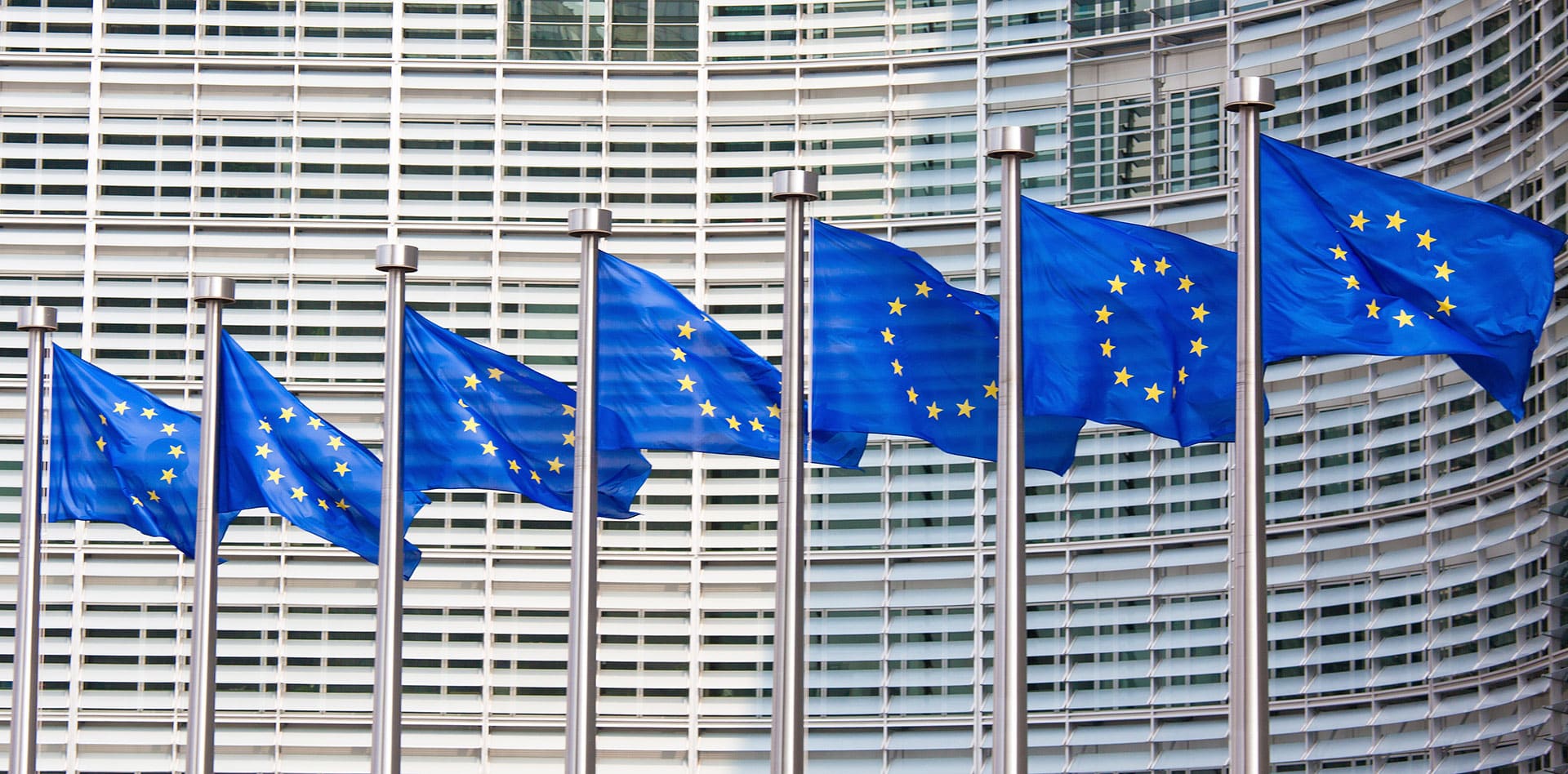Both parties signed the far-reaching trade agreement in December. The agreement will now be submitted to the European Parliament and the Kenyan Parliament for approval. Only once both parties have ratified the agreement can it enter into force.
The Economic Partnership Agreement (EPA) provides a basis for promoting job creation on both sides as well as targeted cooperation to improve Kenya's economic development. It is the most ambitious trade agreement the EU has ever signed with a developing country in terms of sustainability provisions such as climate and environmental protection, workers' rights and gender equality.
The agreement reduces tariffs
The bilateral Economic Partnership Agreement (EPA) permanently eliminates EU import duties on Kenyan goods. In return, Kenya undertakes to gradually liberalize 82.6 percent of imports from the EU over 25 years after the agreement comes into force. Tariffs for various agricultural products, chemicals, plastics, paper and cardboard goods, textiles and clothing, ceramic products, glassware, furniture and certain vehicles will remain in place.
Trade volume at 3.3 billion euros
The EU is Kenya's most important export market and the country's second largest trading partner. The total trade volume in 2022 was 3.3 billion euros, an increase of 27% compared to 2018. The EPA will create even more opportunities for Kenyan companies and exporters. On the one hand, it fully opens up the EU market for Kenyan goods. Secondly, it offers incentives for EU investments in Kenya through greater legal certainty and more stability.

